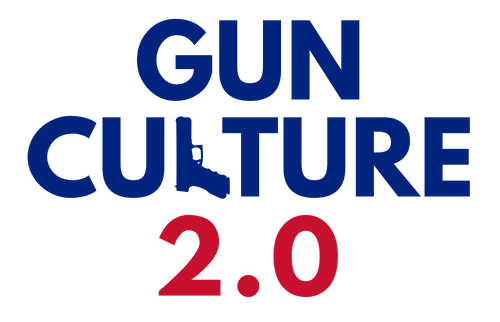I recently began teaching my Sociology of Guns course at Wake Forest University for the 9th consecutive year. Each year the class begins with a field trip to the gun range in which students have the opportunity to shoot a .22 pistol, a 9mm pistol, and a .223 rifle. This is followed immediately by students writing short reflection essays on the experience in relation to their previous experience with and understanding of guns.
The range field trip reflection essay is meant to bring to the level of consciousness students’ feelings and assumptions about guns. This then becomes a basis for engaging with scholarship about guns over the course of the semester.
The student range reflection essays often raise more questions than they provide answers. This can frustrate some readers, but for me this is both appropriate and helpful. Before we can even begin to entertain answers, we need to clearly identify the questions.
Moreover, I distrust anyone who claims to have the answer — much less THE answer — in an arena as complex as guns.
When I talk about guns to the media or in other settings, I often spend a lot of time identifying the conflicts and challenges we face due to our diversity and differences. In response, I am often asked some version of, “So, what’s the answer?”
My standard response is, “If I knew the answer, I would implement it and ride off into the sunset with my Nobel Peace Prize.”

After 12 years of intensive participation in and observation of American gun culture, I still have more questions than answers. Unfortunately, that doesn’t get you a large following on social media, invitations to the Sunday talk shows, or a fat advance on your soon-to-be best-selling book.
Complexity, it turns out, is a niche market.

This is yet another hard earned insight about how media and social media dumb down complex issues. The reforming zeal that animates many who get into journalism or to pursue influence on social platforms runs smack into complexity; and the protagonists give up trying to really understand and become culture warriors who think their side knows the answers. And regrettably even pros at the most venerable media companies don’t recognize their biases.
LikeLiked by 1 person
It’s a niche market. It’s also the realm of difference makers, great thinkers, and exceptional problem solvers.
LikeLiked by 1 person
Another instance of Kevin D. Williamson’s first law:
Williamson’s First Law: “Everything is simple when you don’t know a f***ing thing about it.”
LikeLike
First I have heard about it, but noting it for future use!
LikeLike
I started thinking about gun issues a lot about a decade ago, when I got back into shooting sports after a long hiatus (living in Honolulu made gun ownership a PIA and besides, I was in that wonderful academic world of publish or perish and had other priorities). I’m still in about the same space as David as far as questions v answers.
As my own dissertation advisor sometimes quipped to us, the more you study something, the more you realize how much you still don’t know about it. I think there is a definite inverse relationship between how much you study something and how confident you are that you know all the answers. But as Mr. Hight comments here, people want quick, simple answers. Trouble is, Occam is often misquoted.
LikeLike